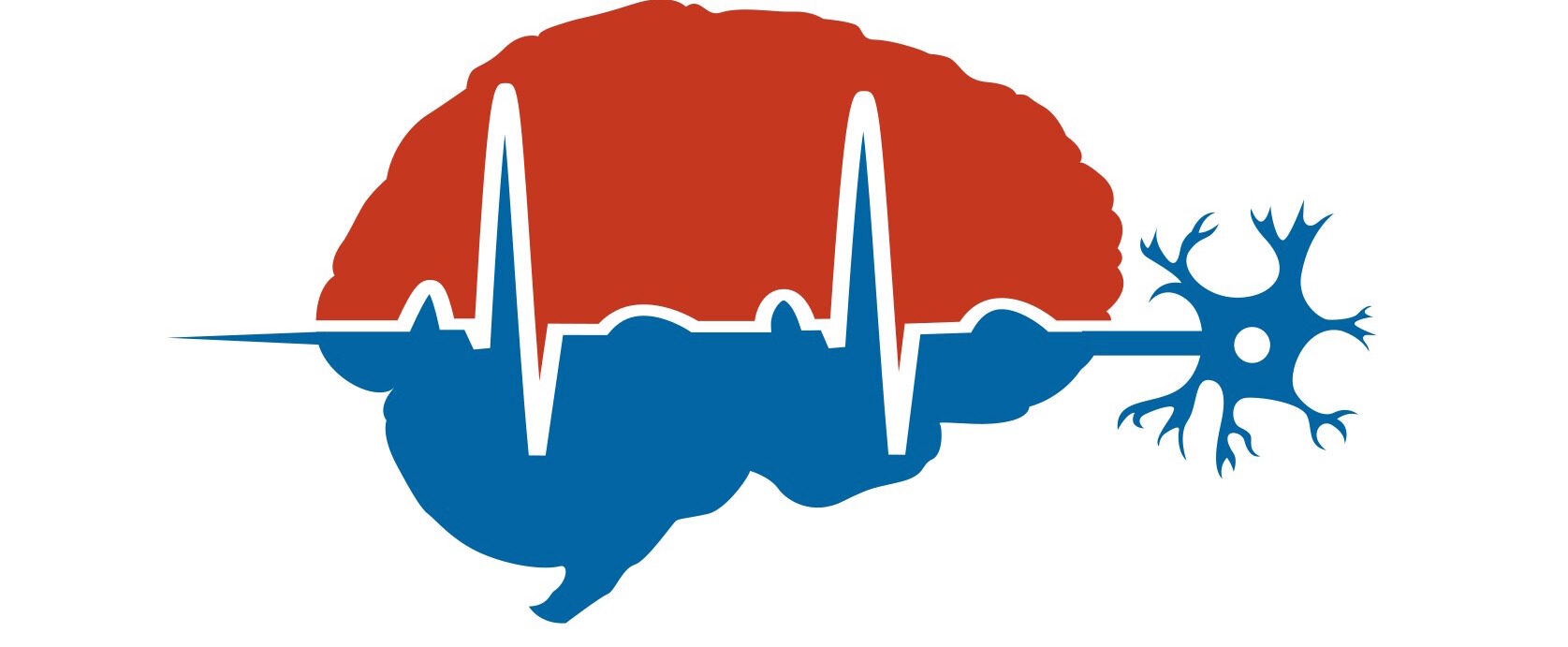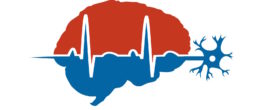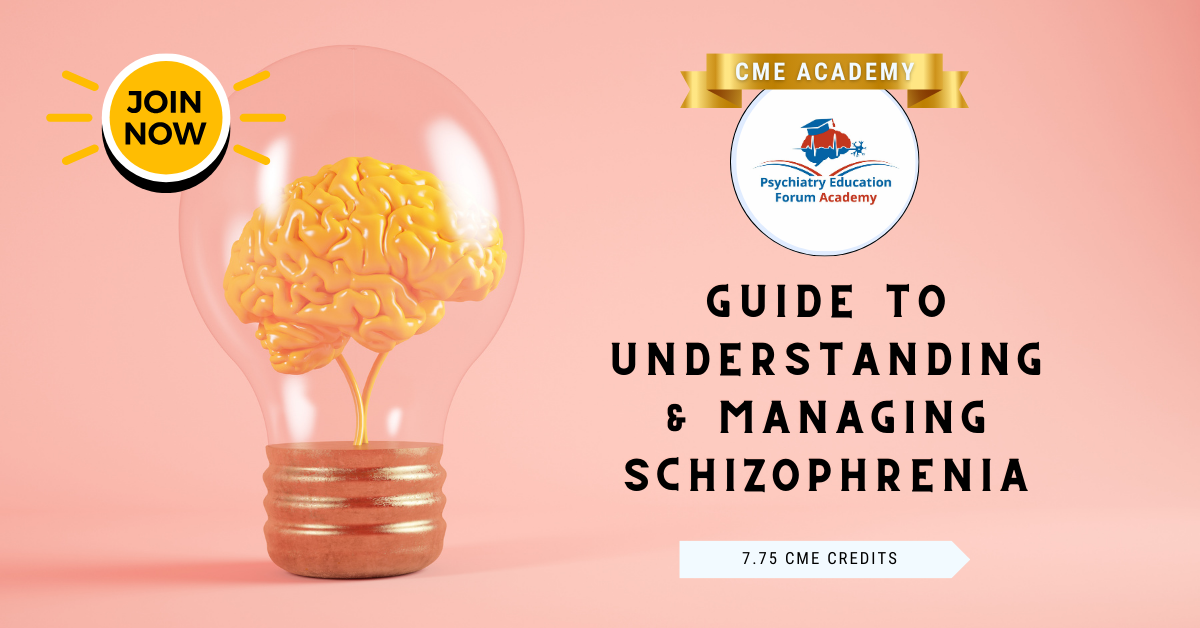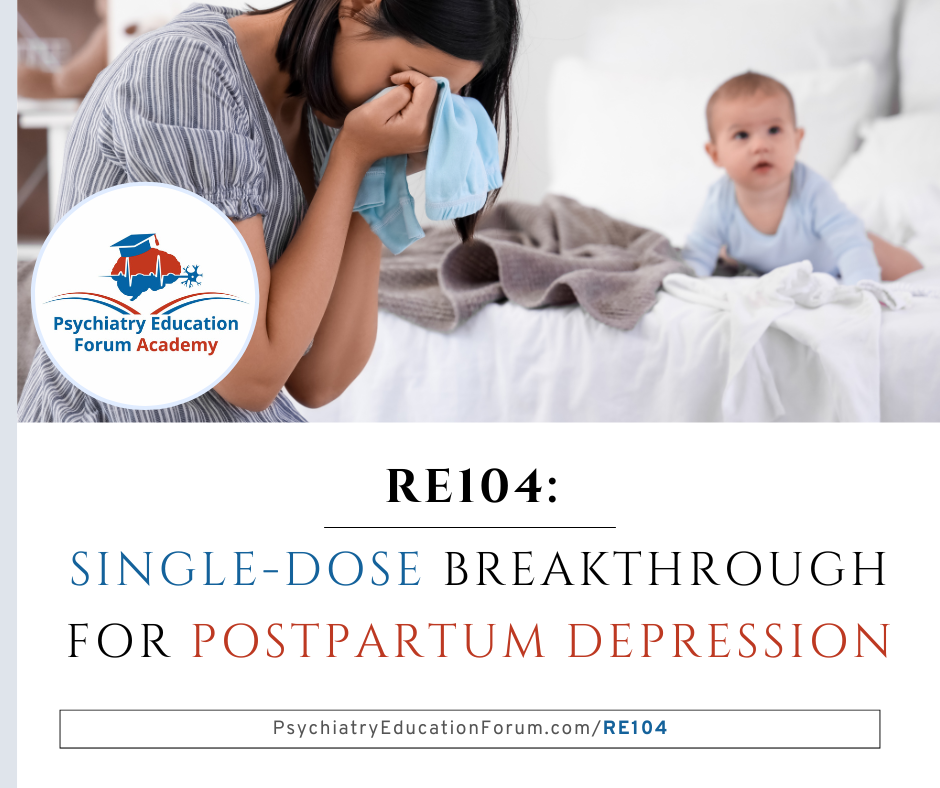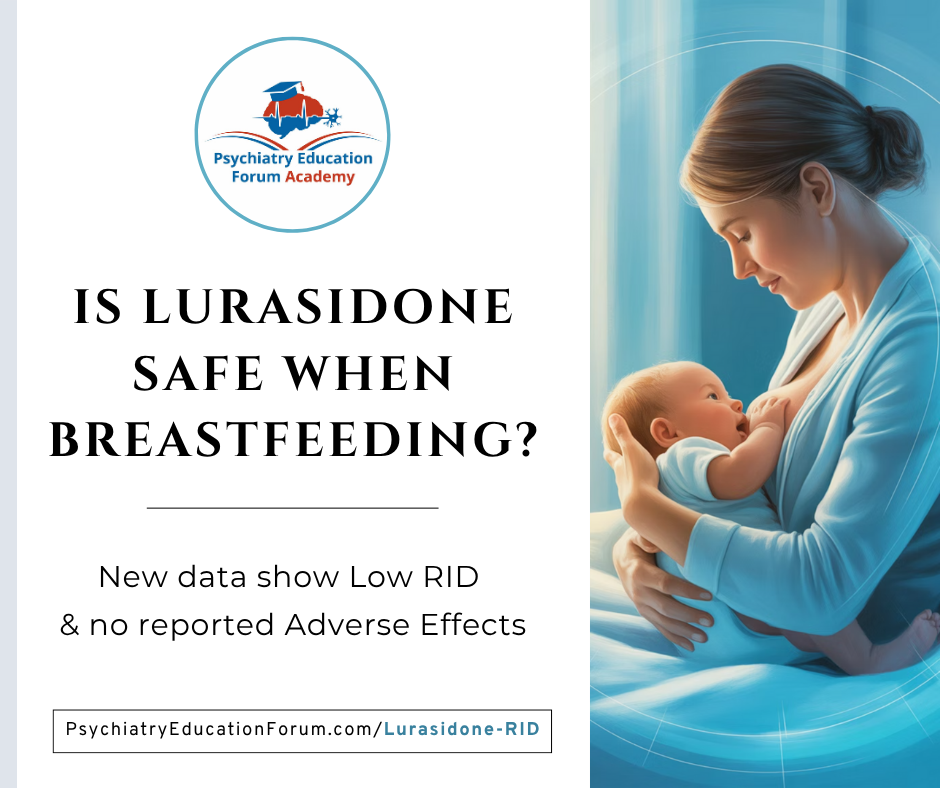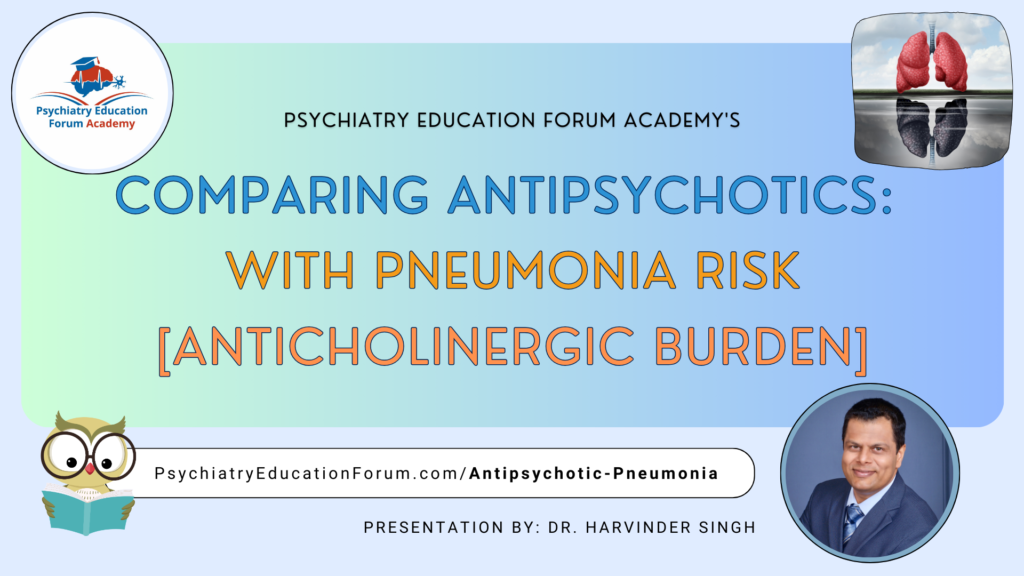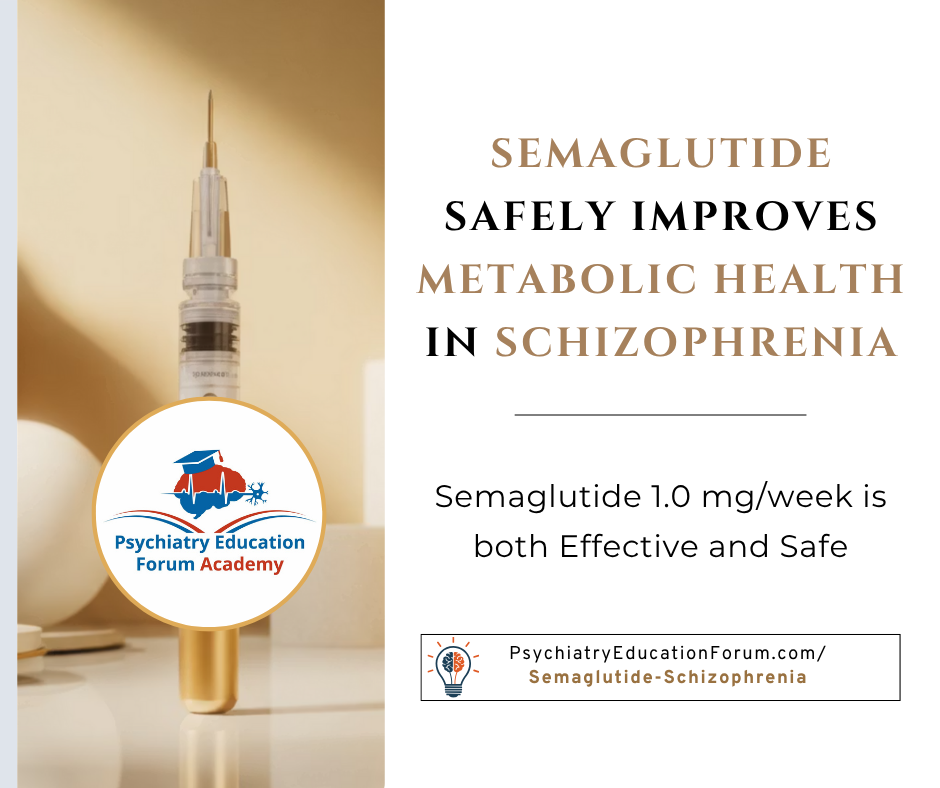Which Antipsychotics have Highest Pneumonia Risk?

Antipsychotic medications are critical in managing schizophrenia and other related disorders, but they come with various side effects, one of which is the increased risk of pneumonia.
A comprehensive study published in JAMA Psychiatry in June 2024 (JAMA Psychiatry. 2024;81(10):967-975) offers valuable insights into the comparative pneumonia risks associated with different antipsychotic medications. Let’s delve into the key findings and their implications for clinical practice.
Watch the following short video summarizing one of the key findings from this study.
(This video is part of our second CME course on “Guide to Understanding & Managing Schizophrenia”, offering 7.75 AMA PRA Category 1 Credits. )
WATCH VIDEO:
Study Overview
The study, led by Jurjen J. Luykx and colleagues, examined the pneumonia risk associated with specific antipsychotics in patients with schizophrenia. The research leveraged data from nationwide Finnish registers, encompassing 61,889 individuals diagnosed with schizophrenia, tracked from 1996 to 2017. This extensive dataset allowed for a detailed analysis of various factors influencing pneumonia risk, including medication type, dosing, and polypharmacy.
Following three antipsychotics were ranked higher:
(1) High-dose Quetiapine (≥440 mg/day): AHR, 1.78 (95% CI, 1.22-2.60)
(2) High-dose Clozapine (≥180 mg/day): AHR, 1.44 (95% CI, 1.22-1.71)
(3) Medium-dose Clozapine (180 to <330 mg/day): AHR, 1.43 (95% CI, 1.18-1.74)
(4) High-dose Olanzapine (>11 mg/day): was also found to increase pneumonia risk (AHR, 1.29; 95% CI, 1.05-1.58).
This video is part of our second CME course on “Guide to Understanding & Managing Schizophrenia”, offering 7.75 AMA PRA Category 1 Credits.
If you’re a medical professional looking to enhance your knowledge with evidence-based, clinically relevant material, I encourage you to enroll in the course. It’s designed to provide practical insights for improving patient outcomes in everyday clinical practice.
JOIN CME COURSE &:
EARN 7.75 CME CREDITS
CME ACADEMY: COURSE 2
Guide to Understanding & Managing Schizophrenia
TOTAL CREDITS: 7.75 AMA PRA CATEGORY 1 CREDITS
LEARNING OBJECTIVES:
- Compare and evaluate the efficacy, dosing, and side effects of 32 antipsychotics in the treatment of acute multi-episode schizophrenia.
- Implement evidence-based strategies for the management of clozapine-resistant schizophrenia and develop protocols for managing missed doses of clozapine.
- Assess and mitigate the risks associated with antipsychotic use, particularly the risk of pneumonia.
- Differentiate the effectiveness of various antipsychotic formulations, including Aripiprazole versus Brexpiprazole and topical versus sublingual Asenapine.
- Integrate psychological interventions for treating auditory hallucinations alongside pharmacological therapies.
- Understand the impact of schizophrenia’s progression with age on long-term management strategies.
- Recognize the implications of adolescent cannabis use on the risk of developing schizophrenia.
- Stay updated on the latest research regarding the glutamatergic synapse in schizophrenia.
© 2025 All Rights Reserved.
